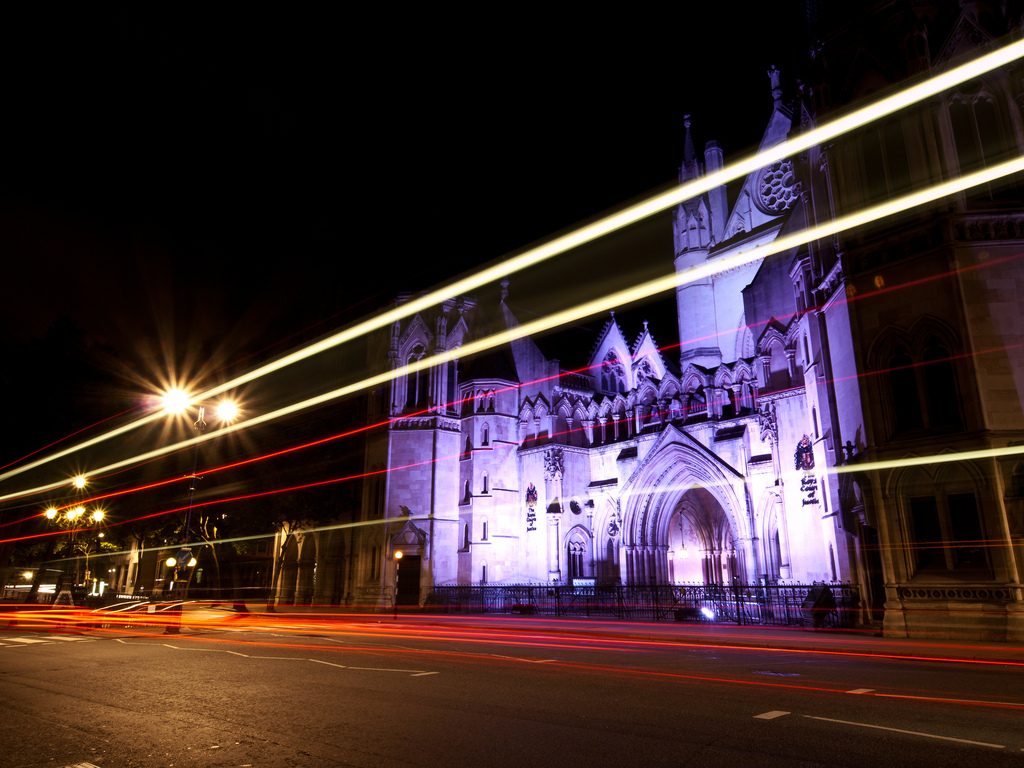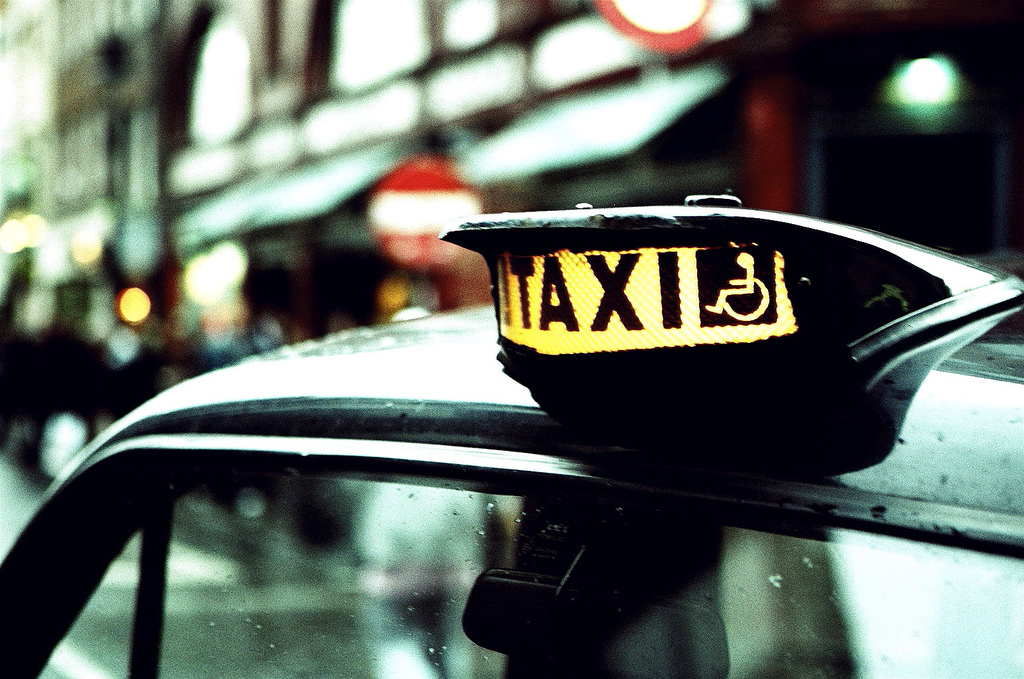Car-hire service Uber has been told by the High Court an English language requirement imposed on its drivers is legitimate, proportionate and not discriminatory.
Transport for London (TfL), which regulates private hire vehicles in London, now requires all drivers to have a Level B1 English certificate. The award, which is determined by the Common European Framework of Reference for Languages, is described as:
The ability to express oneself in a limited way in familiar situations and to deal in a general way with non-routine information.
It is roughly equivalent to AS/A level in a foreign language and tests speaking, listening, reading, and writing in English. Uber had argued imposing this requirement on its drivers was discriminatory on grounds of nationality or national or ethnic origins and disproportionate.
The Law
This is an example of indirect discrimination. In plain English, this means a policy or practice which seems to treat everyone equally but actually has the effect of putting certain groups of people at a disadvantage (see here for a full explainer on the difference between direct and indirect discrimination).
There are two stages to an action for indirect discrimination. Firstly, a general criterion or practice must have be proven to have a detrimental effect on a particular protected group. Secondly, this detrimental effect is must be disproportionate to the aim of the practice, and therefore not justified.
Judgment

In this case, the High Court judges decided there was no doubt that an English language requirement has a detrimental effect on people of other nationalities from whom English isn’t their first language.
However, this detrimental effect is permitted if it is proportionate. For this, TfL would have to show:
- They had a legitimate aim
- The B1 language requirement was suitable for achieving that aim
- That there was not a less onerous method of achieving the same aim
First, TfL argued the legitimate aim was ensuring the safety, welfare and convenience of passengers. Second, to achieve this aim, all drivers had a certain level of English, so that drivers can deal with medical emergencies, explain fares and routes to passengers, and explain any safety issues that arise. TfL were entitled to decide that level as long as it was reasonable.
Finally, the B1 certificate is general language test, requiring those taking it to answer questions on subjects that had nothing to do with driving. However, as there are no driver-focused English tests were available TfL was entitled to use it as their standard.
So for now, all Uber drivers must have a standard of English equivalent to A level French. Uber has said it will appeal the ruling.







